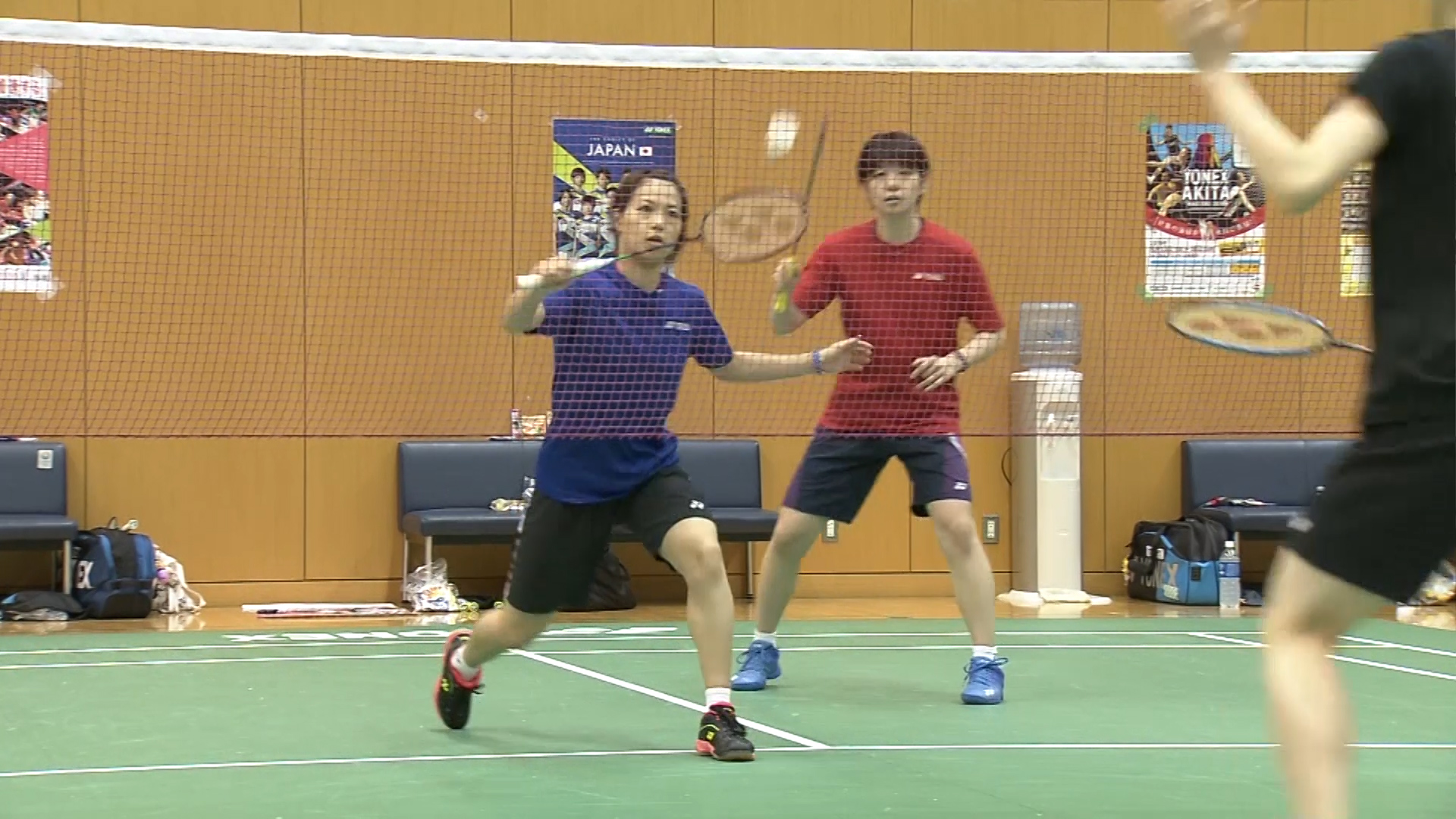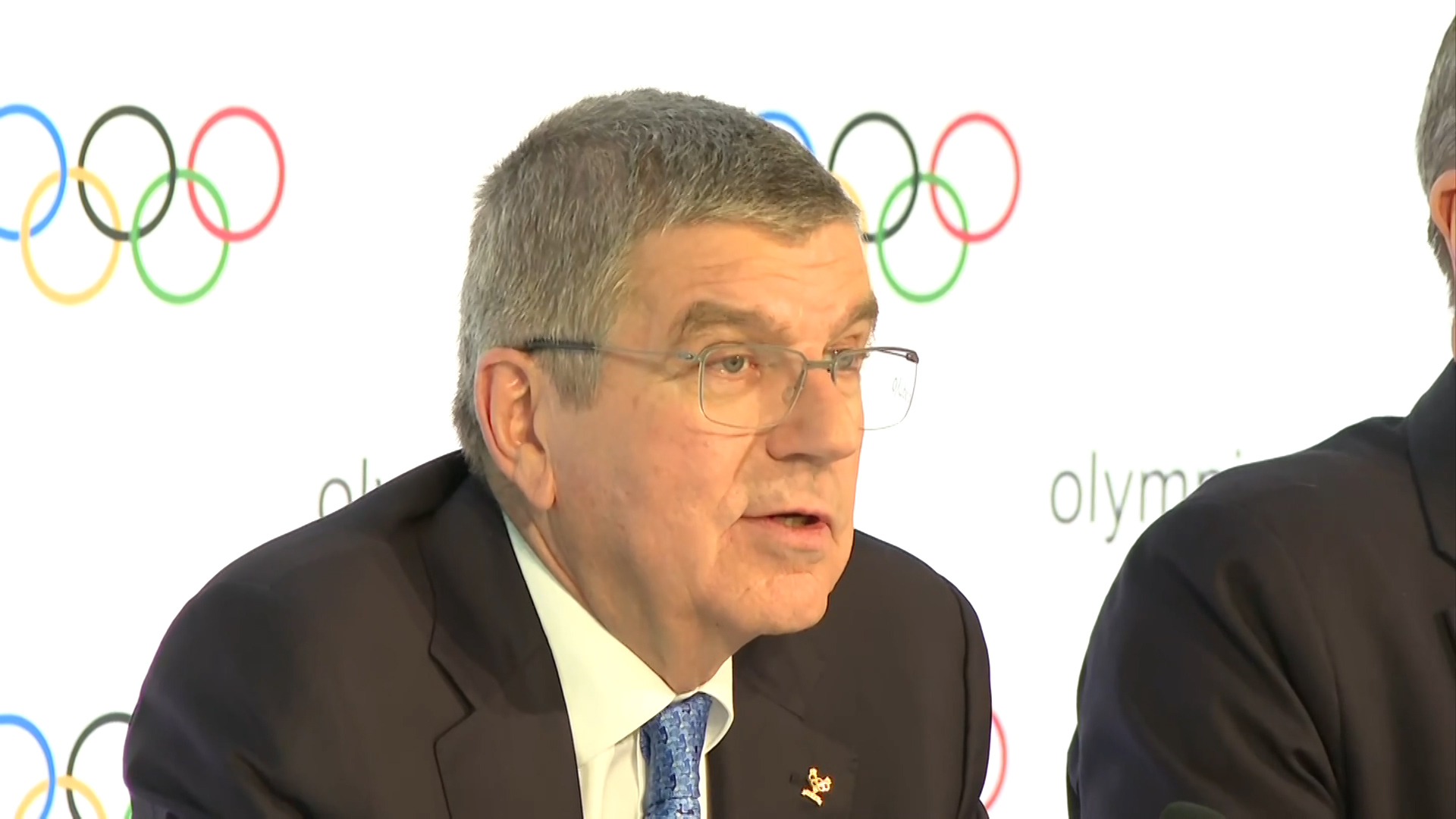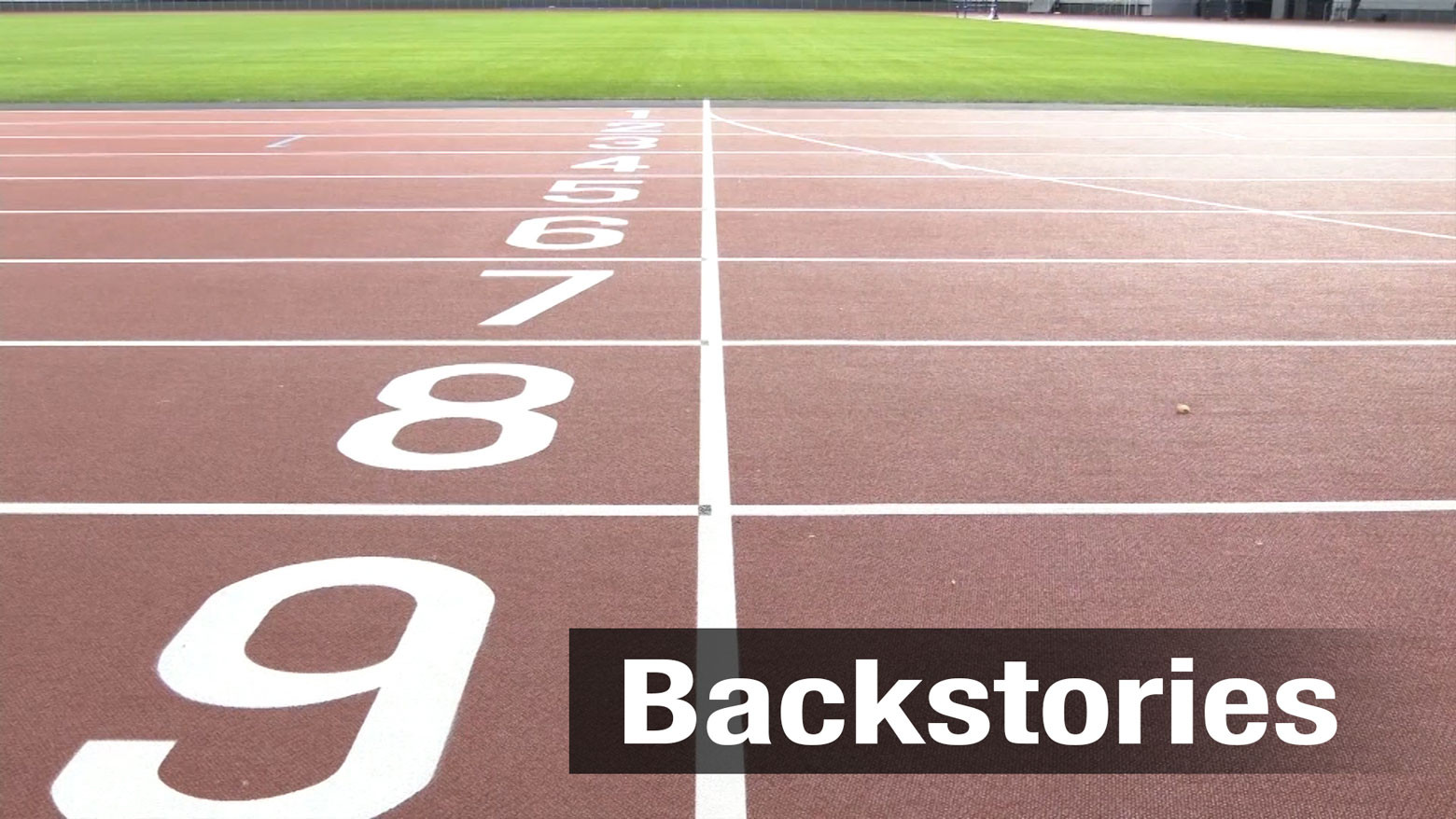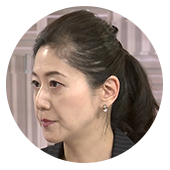Impact on the athletes
Normally, athletes would participate in competitions or races to qualify for the Games. But most events have been canceled or postponed already.
Athletes are due to compete in 33 sports at the Olympics. The IOC says that, so far, 57 percent of some 11,000 athletes have secured their spots. That leaves 43 percent facing uncertainty and in need of guidance.
If qualifiers are canceled or postponed, it could affect training strategies just four months ahead of the scheduled start of the Games. Athletes would ordinarily be taking part in competitions at home and abroad to build confidence and momentum.
And top athletes tend to have extremely detailed plans, such as when and where they have training camps. The likelihood is that many will be forced to change their strategy or game plans.

One example is the Japanese women's badminton doubles pair. They took the title at the All England Championships earlier in March and planned to travel around the world until next month. But they've been forced to cancel the tour and have yet to qualify. One of the pair, Yuki Fukusima, says nothing is certain about qualification, but she'll do what she can to prepare for the Games.
Impact on host communities
The spread of the virus has already affected people right across Japan. NHK has learned that training camps for various nations' teams have been canceled or postponed in 16 municipalities across Japan.
The nationwide "host-town" project for the Tokyo Games was put in place to allow communities to host training camps for international teams in the run up to the Games.
For rural cities and towns, it's a chance to promote international exchanges, which officials hope will get the whole country behind the Games.
IOC response
Bach's message to athletes was sent on Sunday, after the IOC announced it will begin discussions on how the Tokyo Games will be handled, including the possibility of a postponement.
Bach noted that many athletes cannot prepare and train as usual. Lockdowns in some places mean training has had to come to a complete halt.
He explained that, "a decision about a postponement today could not determine a new date for the Olympic Games."

And an international body founded by sportsmen and women says waiting four weeks for a decision is too long. The group Global Athlete released a statement on Monday.
It says the move by the IOC and the International Paralympic Committee to delay the decision is, "unacceptable, irresponsible, and once again ignores the rights of athletes."

